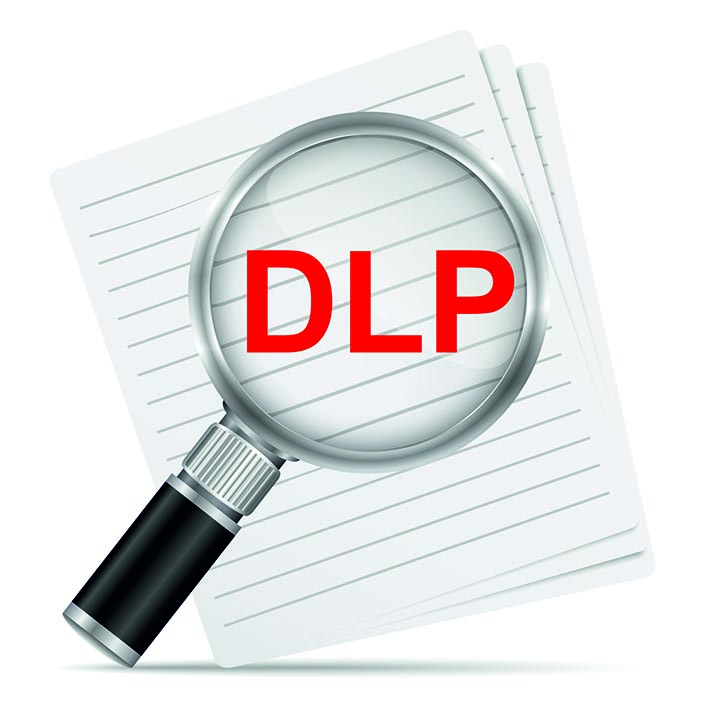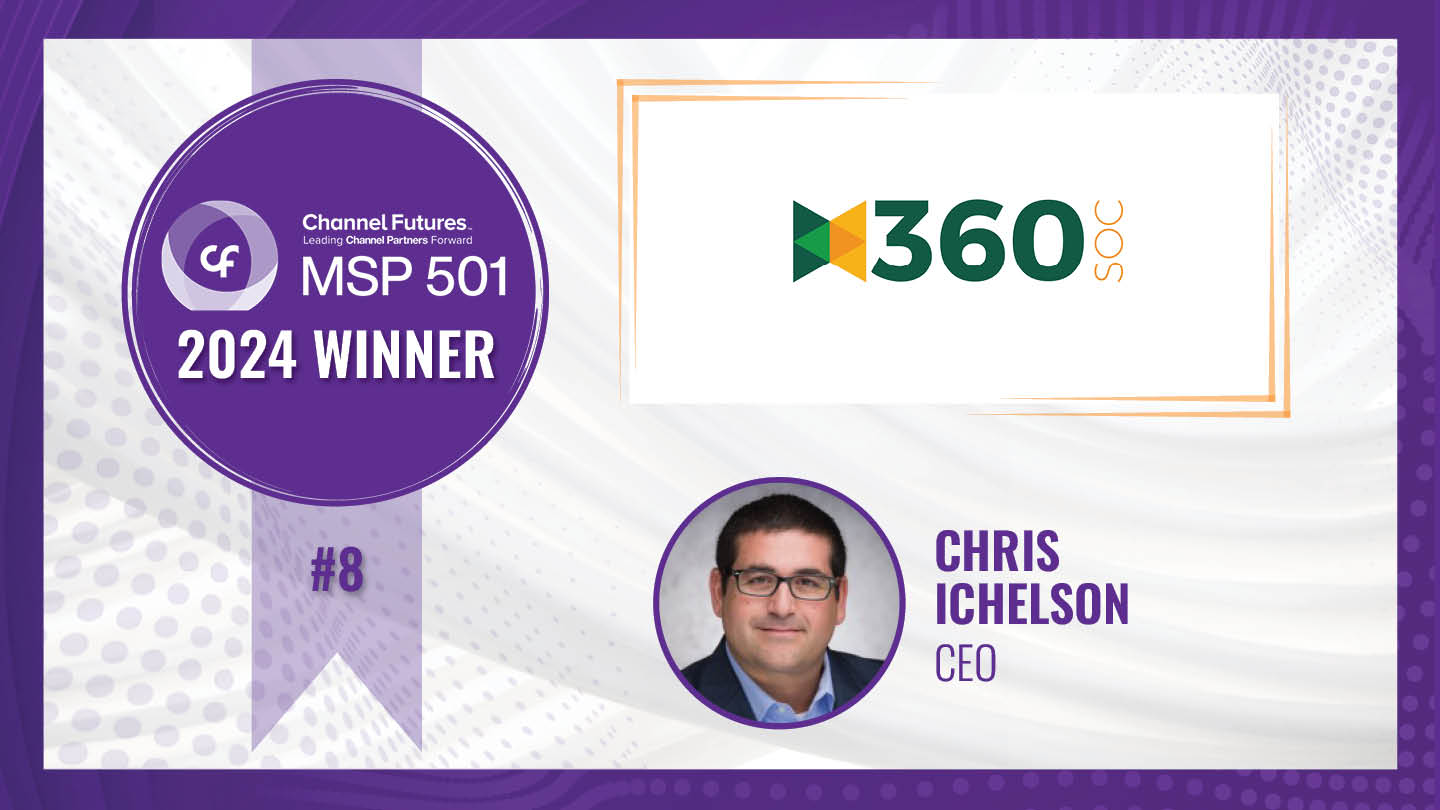Financial Institutions – Having a DLP Solution to Comply with the Gramm-Leach-Bliley Act (GLBA) is a Must and Here is Why…
DLP, or data loss prevention, is a critical component of compliance with the Gramm-Leach-Bliley Act (GLBA). This federal law, which was passed in 1999, requires financial institutions to protect the nonpublic personal information (NPI) of their customers.
One of the key requirements of the GLBA is for financial institutions to implement policies and procedures to safeguard NPI from unauthorized access or disclosure. DLP solutions are designed to help organizations meet this requirement by identifying, monitoring, and blocking sensitive data from leaving the organization.
When implemented properly, a DLP solution can help financial institutions comply with the GLBA by:
-Identifying sensitive data: DLP solutions can scan an organization’s network, email, and other communications channels to identify sensitive data such as credit card numbers, Social Security numbers, and other personal information.
-Monitoring data access: DLP solutions can track and log who is accessing sensitive data, and flag any suspicious activity.
-Blocking data leaks: DLP solutions can block sensitive data from leaving the organization through email, instant messaging, and other communications channels.
-Providing incident response: DLP solutions can help organizations respond quickly to incidents involving the unauthorized access or disclosure of sensitive data.
In addition to helping financial institutions comply with the GLBA, DLP solutions also offer significant value in terms of protecting an organization’s reputation and assets. Data breaches can result in significant financial losses, as well as damage to an organization’s reputation. DLP solutions can help prevent data breaches by identifying and blocking sensitive data from leaving the organization, thus reducing the risk of a data breach.
In summary, DLP solutions are critical to compliance with the GLBA and offer significant value in terms of protecting an organization’s reputation and assets. Financial institutions should consider implementing a DLP solution to safeguard the nonpublic personal information of their customers and prevent data breaches.
What is the Gramm-Leach-Bliley Act (GLBA)?
The Gramm-Leach-Bliley Act (GLBA), also known as the Financial Services Modernization Act of 1999, is a federal law in the United States that regulates the financial services industry. The Act is intended to protect consumers’ personal financial information held by financial institutions. It requires financial institutions to explain their information-sharing practices to consumers and to safeguard sensitive data, such as account numbers and social security numbers. The Act also established the Federal Trade Commission as the primary federal agency with the authority to enforce the Act’s provisions.






